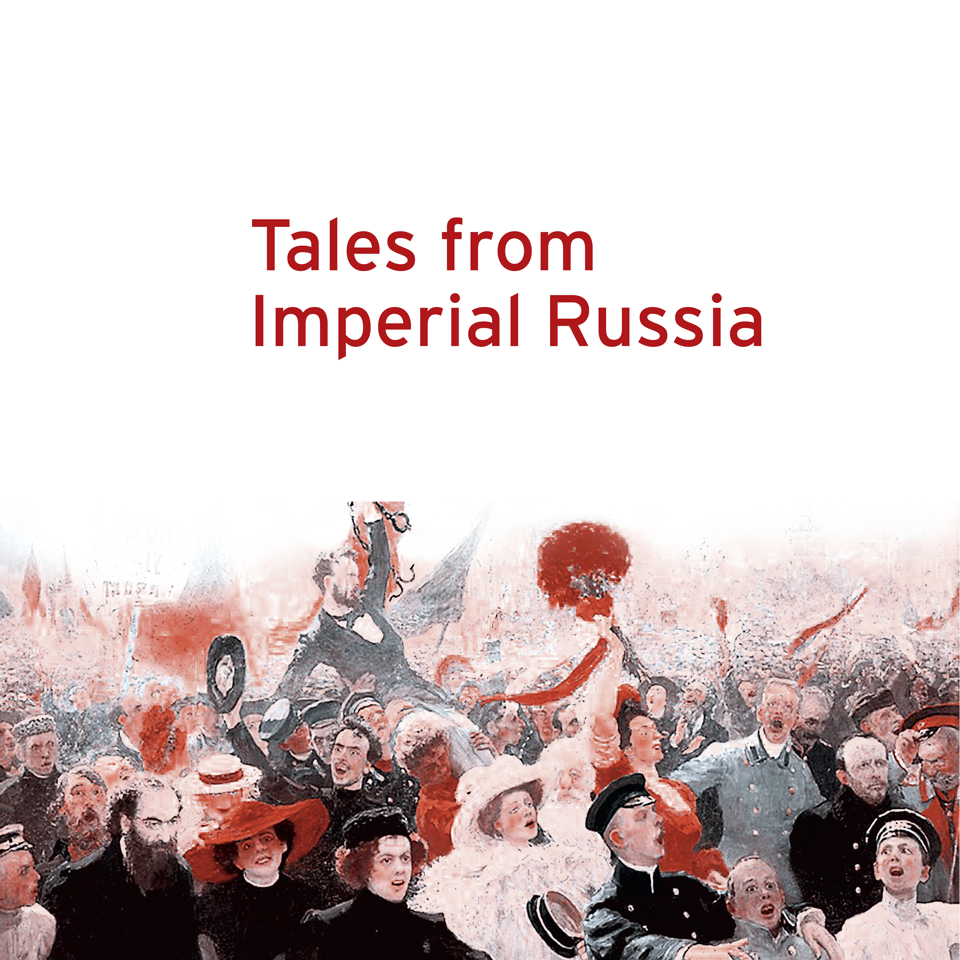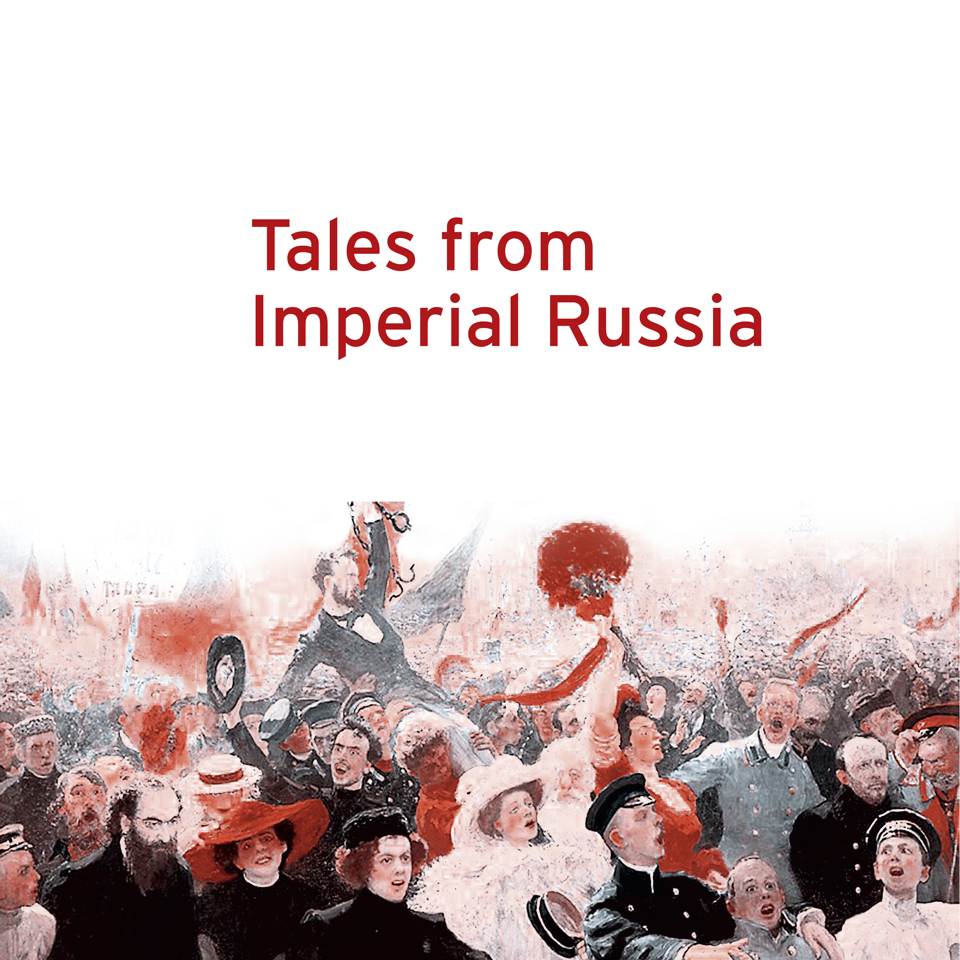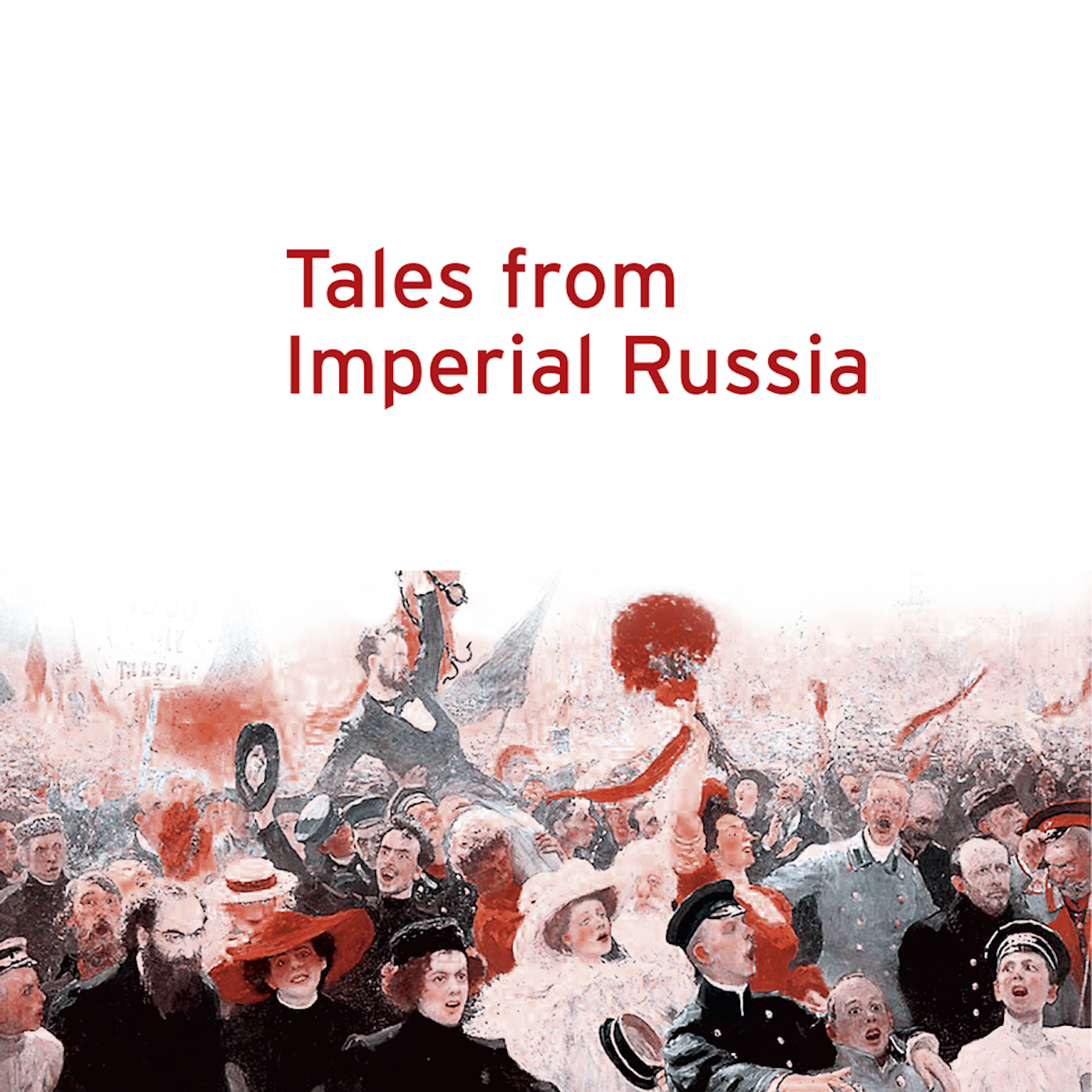On Easter morning 1831, Joseph Major was murdered in his Urals home. A Scottish engineer, he had lived for 26 years in the gateway to Siberia, producing that most modern of devices, the steam engine, for a variety of Russian enterprises. In this episode, I talk about how foreign technology, Russian ingenuity, and massive industrial colonization created the conditions in which Major lived and worked.
Sources:
F. B. Bondarenko, V. P. Mikitiuk, V. A. Shkerin, Britanskie mekhaniki v predprinimateli na Urale v XIX – nachale XX v. (Ekaterinburg: Bank kul’turnoi informatsii, 2009)
E. Tarakanova, ‘Karl Gaskoin i russkie pushki’, Sever, nos. 4, 5, 6 (2001): 96-114; 165—177; 187-201
E. S. Tarakanova, ‘Poiavlenie i rasprostranenie parovykh mashin v Rossii. Osnovye etapy i osobennosti etogo protsessa’, Polzunovskii al’manakh, no. (2004), 178-186
A. Keller, ‘“Raison d’etat” i “chastnyi interes” v Rossii kontsa XVIII v. – nachala XIX v.: na primere A. Knaufa v gornozavodskoi promyshlennosti Urala, 1797-1833 gg’, Bylye gody, vol. 37, no. 3 (2015), 508-518
A. Cross, ‘By the Banks of the Neva’: Chapters from the Lives and Careers of the British in Eighteenth-Century Russia (Cambridge: Cambridge University Press, 1997)
M. R. Hill, ‘Russian Iron Production in the Eighteenth Century’, Icon, vol. 12 (2006), 118-167
P. Dukes, A History of the Urals: Russia’s Crucible from Early Empire to the Post-Soviet Era (London: Bloomsburg Academic, 2015)

In 1817, Agustín José Pedro del Carmen Domingo de Candelaria de Betancourt y Molina (known in Russian as Avgustin Betankur) surveyed the site of...

The colour photographs of Sergei Prokudin-Gorskii fascinated the imperial public of the early 20th century, persuading Emperor Nicholas II to sponsor expeditions across the...

In the 1890s, the tiny village of Ashchepkovo in western Russia was struck by an epidemic of demonic possession. This episode attempts to understand...